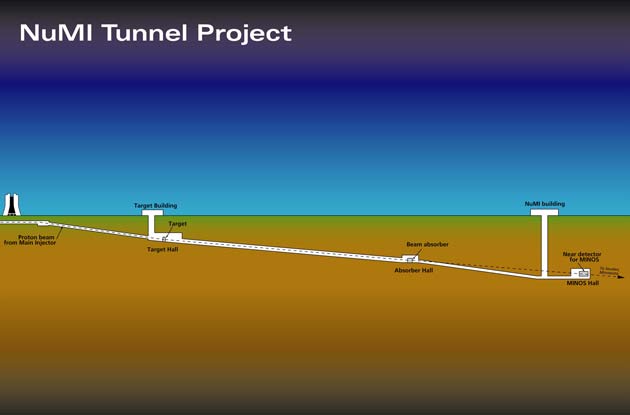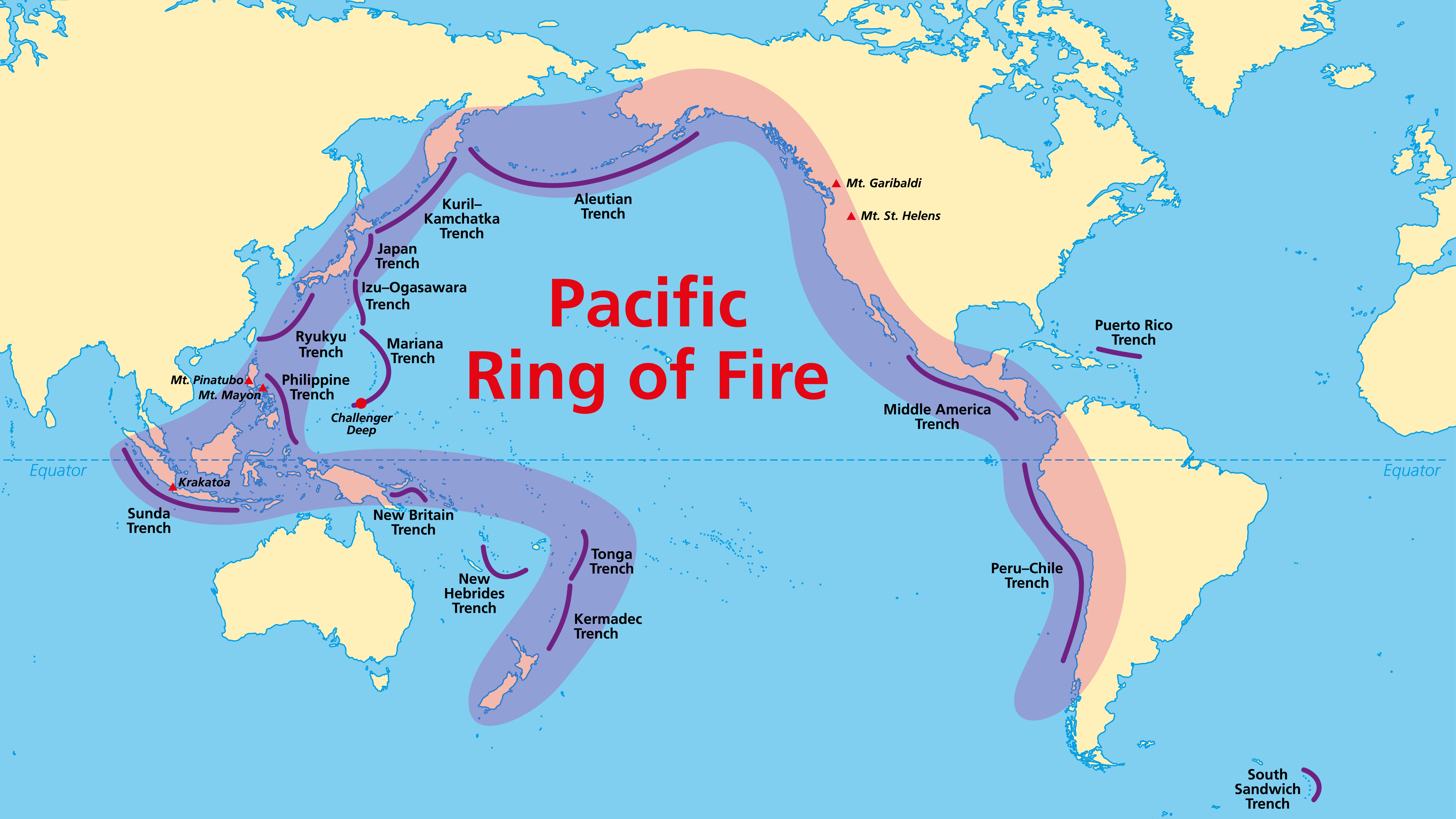Feds Lose a Few Neutrinos, Gain Some Information

Somewhere between Illinois and Minnesota, the federal government lost some neutrinos.
No matter. These invisible elementary particles are ubiquitous in the universe.
Neutrinos are incredibly elusive. They rarely interact with matter. They can pass right through you with ease and even through the entire Earth. This makes studying neutrinos very difficult. And, as it turns out, the scientists at the Department of Energy's Fermi National Accelerator Laboratory are happy they lost a few.
The scientists sent a beam of these ghostly particles from the Fermi site in Batavia, Illinois to a particle detector in Soudan, Minnesota, 450 miles away. Rather than flying through the air, the beam was directed right through the planet. As theory predicted, some of the particles didn’t make it.
Here’s why:
There are three types of neutrinos, each associated with a different charged particle: the electron neutrino, the muon and the tau. The Fermi scientists think the vanishing act they witnessed was a result of the neutrinos changing from one form to another, a phenomenon called "neutrino oscillation."
The test results provide further evidence that neutrinos must have mass, the scientists say. If the masses of all three types were zero, neutrino oscillation would not occur.
Get the world’s most fascinating discoveries delivered straight to your inbox.
"This has told us that they are not totally massless as was once thought, and opens the way for a detailed study of their properties," said Keith Mason, CEO of the Particle Physics and Astronomy Research Council.
Neutrinos are produced by the thermonuclear reactions that occur within stars, and a better understanding of them will help scientists determine how galaxies formed and what the origin of matter is.
In the meantime, John Updike may have to revise his poem to give neutrinos the weight they deserve:
"Neutrinos: they are very small
They have no charge; they have no mass;
they do not interact at all.
The Earth is just a silly ball
to them, through which they simply pass
like dustmaids down a drafty hall
or photons through a sheet of glass …"

